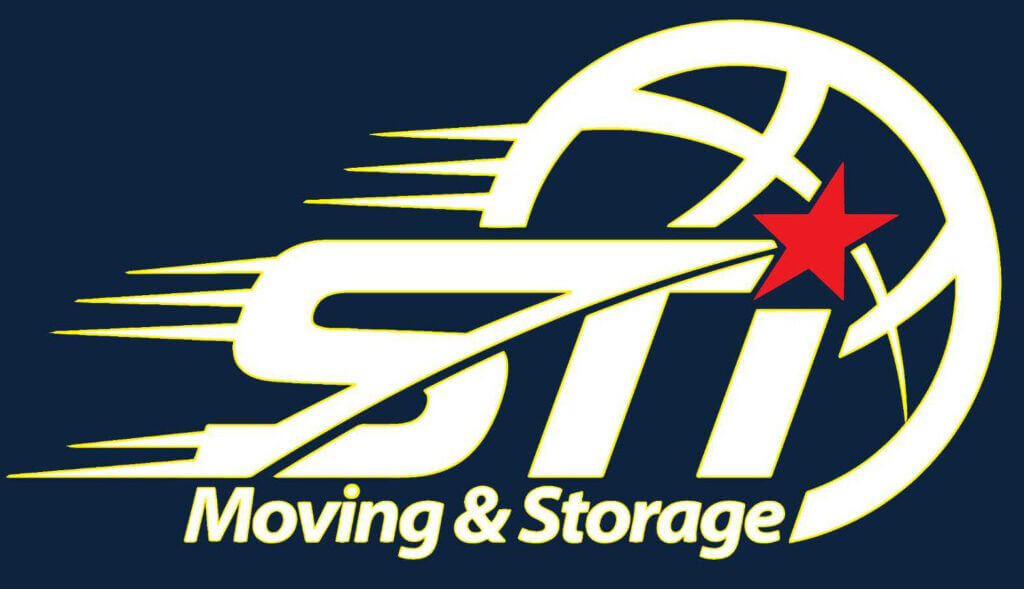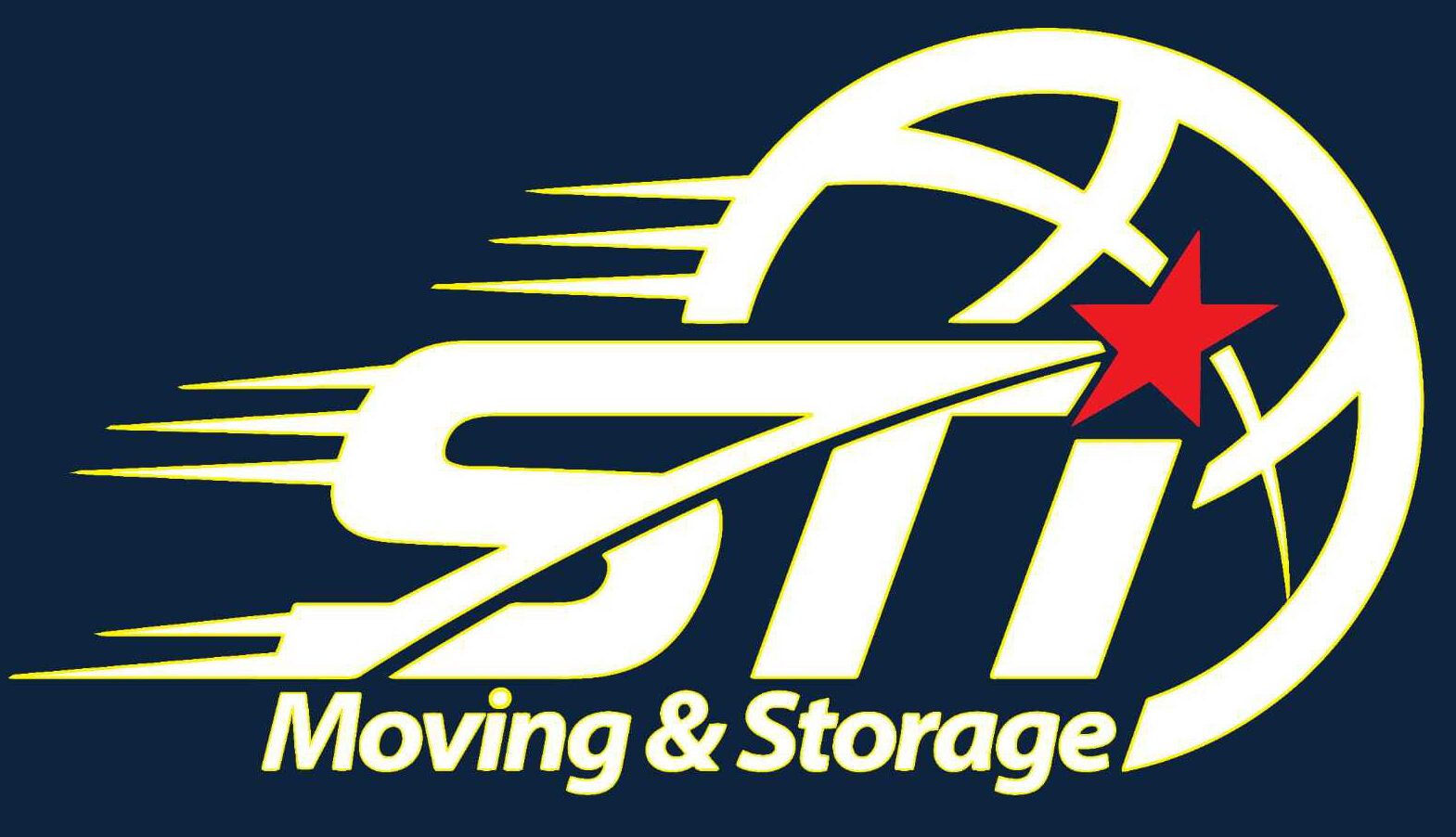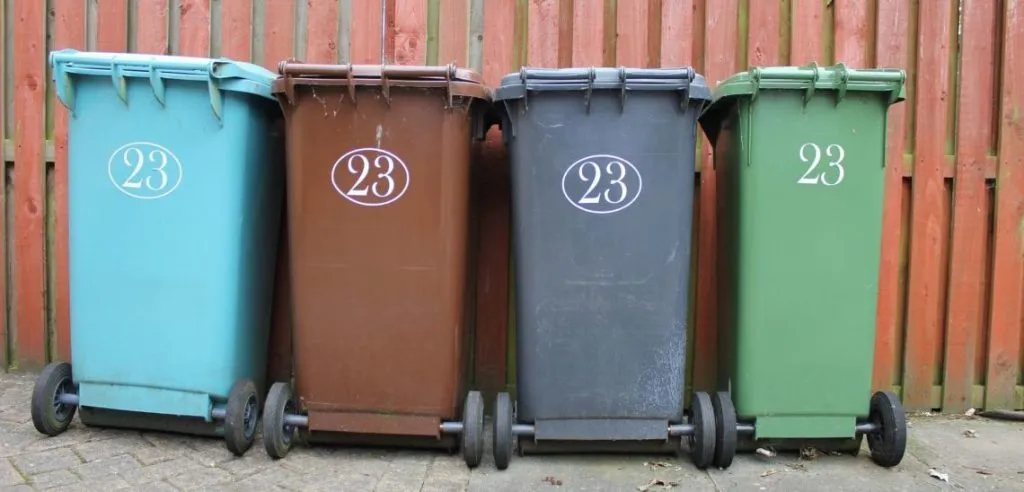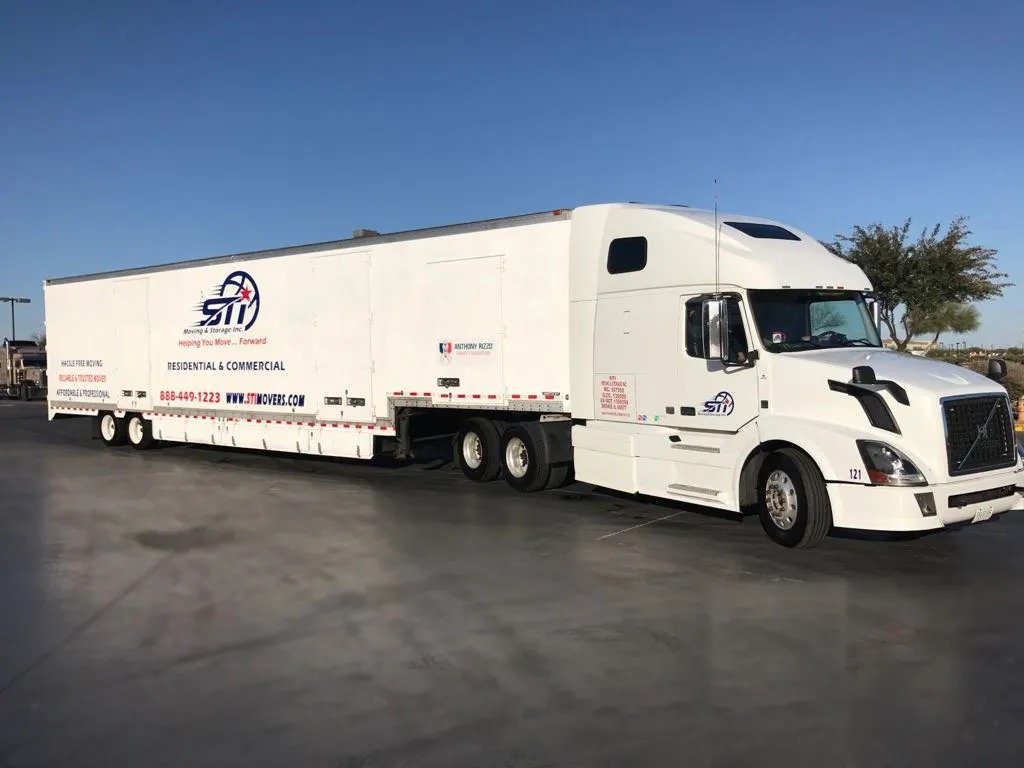It doesn’t matter if you are moving cross-country or inside the Chicago area – your main concern will surely be how to transport all the items you possess. Of course, hiring the expert team of Chicago movers is one of the smart decisions to make when you’re relocating, but while searching for the right moving company, you might forget about one more, very important, segment – how much items do you own?
Have you made a small inventory and got rid of the unnecessary items? Remember, the less attention you pay to clean up, the more money will the transport cost you. You don’t want movers to transfer all the items you don’t really need, do you? Aside from the items you can donate or sell, some things only belong in the trash bin.
House Plants
Unfortunately, your plants won’t be welcomed in the relocation truck. Most of the relocation companies (including the Chicago movers) won’t transport the plants of any kind for many simple reasons – plants need special conditions and it’s difficult to relocate them with all the other furniture and boxes of items. They need sunlight, moisture (and they are moist as well) and can be pretty messy to transport. Therefore, they are non-negotiable items. Transporting plants in your private car can be one of the options, so make sure to be informed about doing so if you can’t part ways with them.
Additionally, certain states have regulations about transporting plants across state lines to prevent the spread of pests and diseases. If you’re relocating long-distance, check the laws regarding plant transportation. For local moves, consider whether you can safely transport plants in your own vehicle, ensuring they are secured and not exposed to extreme temperatures.
Frozen or Old Food
Do you have a plan on transporting some of your food? If you will hire pros to help you out with your relocation, this won’t be possible. STI movers, or any other Chicago moving company, won’t transport food. Most of them won’t even transport canned food since there is more risk of damage, spilling, etc. However, even though you want to transport some food by yourself, the purge is a logical choice – check for the expired food products and throw them away.
For frozen or refrigerated food, it’s best to consume these items before moving day. If that’s not possible, donate unopened, non-perishable items to local food banks or shelters. Transporting perishable food on your own may require coolers or portable refrigeration solutions, but this should only be attempted for short moves.
Supplements and Medicines
Just like any other drawer or closet in your home, before the move, you will have to check and purge your medicine cabinet, too. All the vitamin supplements and medications need to be checked. You don’t want to bring any old and expired medications to your new home – what’s the use in that?
For expired medications, dispose of them responsibly. Many pharmacies and local authorities offer medication take-back programs to ensure safe disposal. Avoid throwing medicines in the trash or flushing them down the toilet, as this can harm the environment. For medications you’re keeping, pack them in a secure container and keep them with you during the move, especially if they are critical for your health.
Hazardous, Risky Substances
For many reasons, such as mowing the lawn, you might store gasoline in the garage. Also, if you’ve done some painting in and around the house, cans of paint can be quite common. However, these are on the list of the so-called undesired items to transport so none of the professional movers are going to transport these. If you own some potentially poisonous or hazardous substances, make sure to find the right way to get rid of them.
Examples of hazardous materials include:
- Gasoline, kerosene, or propane tanks.
- Paints, paint thinners, and varnishes.
- Pesticides, fertilizers, and pool chemicals.
- Cleaning agents and bleach.
Many local waste management facilities or recycling centers accept hazardous materials for safe disposal. Contact your local center for guidance on where and how to discard these items before moving day.
Additional Items to Consider Leaving Behind
Aside from the major categories listed above, there are other items you may want to exclude from your move:
- Clutter and Junk: Items you haven’t used in years are likely not worth the effort or expense to transport. Purge items that no longer serve a purpose in your life.
- Damaged or Broken Items: Moving is the perfect opportunity to let go of broken furniture, electronics, or other items you’ve been meaning to fix but haven’t.
- Old Clothing and Linens: Donate gently used clothing and linens to charity. If they’re too worn, consider recycling them through textile programs.
Benefits of Relocating with Only the Essentials
Relocating with only the essentials can be much easier, and even though you’ll have to do some shopping when you finally move in, it’s nice to get rid of the excess junk that has been lying around your home. Downsizing helps you:
- Save money on moving costs.
- Reduce packing and unpacking time.
- Start fresh in your new home without clutter.
Remember, less is more when it comes to moving. Focus on bringing the items that add value to your life and fit into your new space.
Conclusion
While moving can be overwhelming, taking the time to sort through your belongings and eliminate unnecessary items can simplify the process and save you money. By identifying items that are prohibited, unnecessary, or simply impractical to transport—such as plants, food, expired medicines, and hazardous materials—you can ensure a smoother transition to your new home. Plan ahead, dispose of unwanted items responsibly, and enjoy the benefits of a lighter, more efficient move. We wish you a happy and stress-free relocation!



